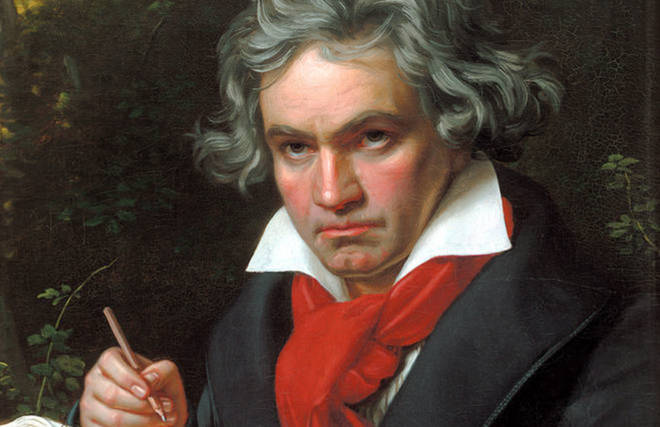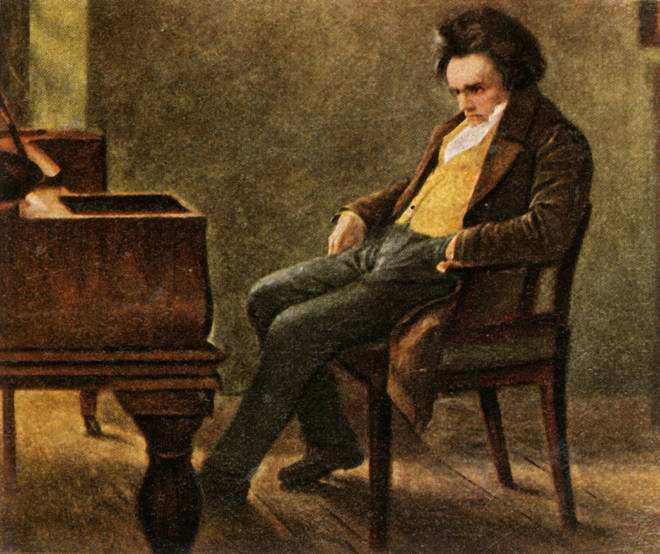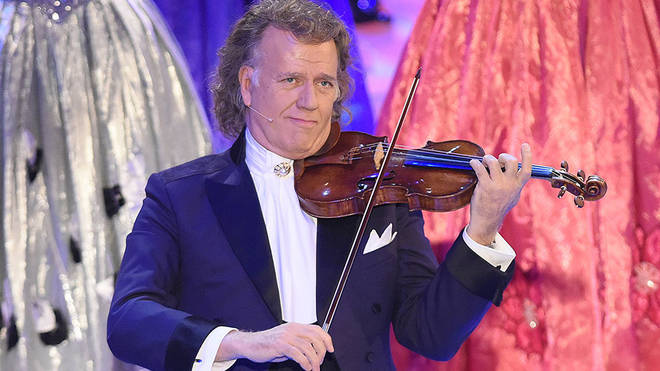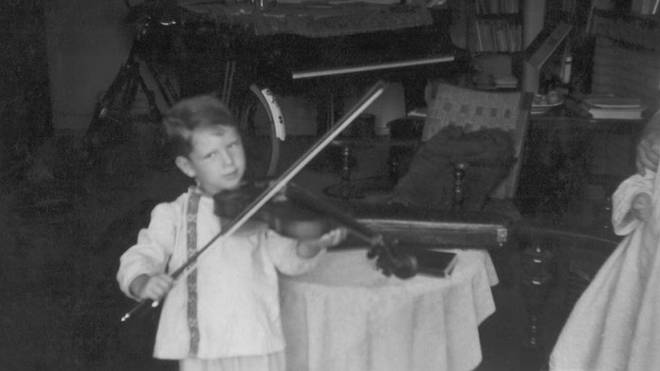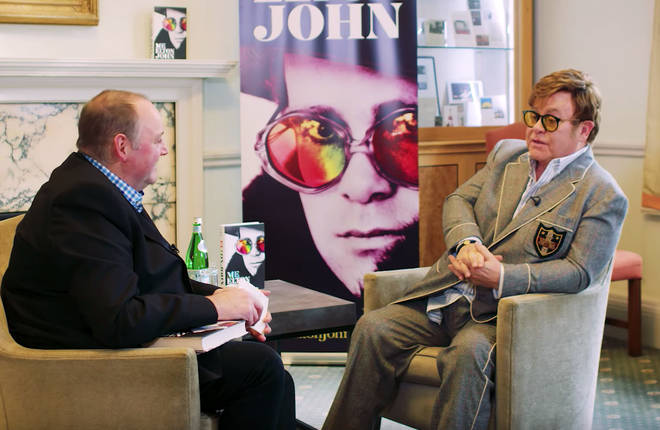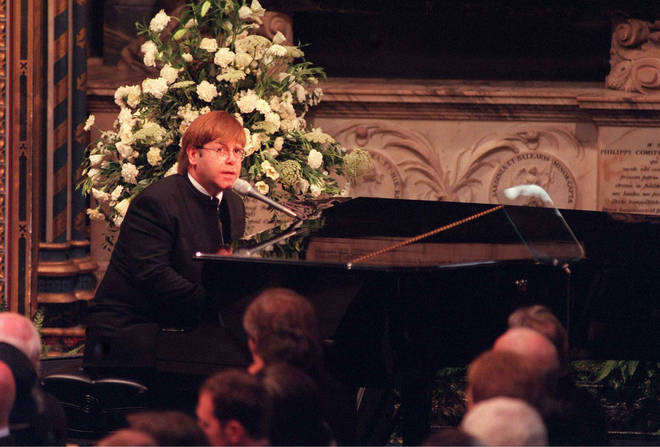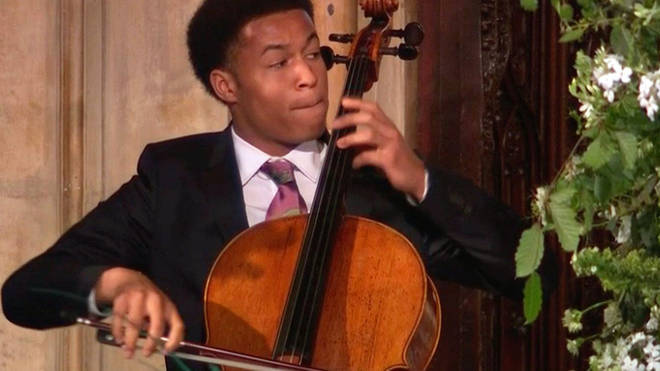
Sheku Kanneh-Mason has been recognized in the New Year’s Honors list 2020 alongside director Sam Mendes, broadcaster Humphrey Burton and Sir Elton John.
, 20-year-old cellist and Decca recording artist, has been made an MBE (Member of the British Empire) for his services to music.
After winning the 2016 BBC Young Musician of the Year, Sheku of two billion people at the royal wedding of the Duke and Duchess of Sussex and quickly found international fame as a soloist.
He has since been , and is a Junior Ambassador of London Music Masters, a music education charity that supports young musicians in classical music.
“To be awarded the MBE for services to music is amazing,” Sheku tells Classic FM.
“I was so lucky to have the dedicated support of my parents in giving me the opportunity to have specialist music lessons from a young child. I also had incredible support from the state schools I attended in Nottingham where music was promoted for its value in developing listening skills, teamwork, self-expression and hard work.
“The love and enjoyment for this great art is something that should be available to everyone, regardless of background.”
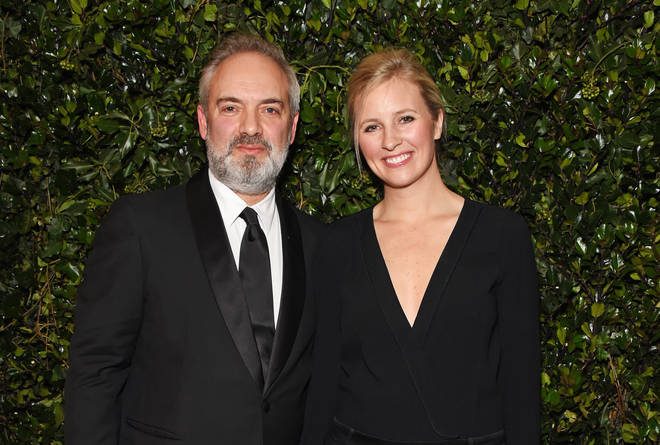
Sheku is joined in the New Year’s Honours list by theatre and film director Sam Mendes CBE – married to trumpet virtuoso (pictured above) – who is made Knight Bachelor for services to drama.
Humphrey Burton CBE, legendary broadcaster and Leonard Bernstein’s official biographer, is also made Knight Bachelor for services to classical music, the arts and media. Burton has recently presented two series on Classic FM, celebrating the lives and work of two great musicians: Yehudi Menuhin and Leonard Bernstein.
At the top of the honours list, is awarded the Order of the Companions of Honour for his services to music and charity.
Last month, Sir Elton spoke exclusively to Classic FM about the “tragic” state of music education in the UK, saying: “A lot of schools [now] have taken music out of the curriculum and I find that really appalling, because music is so inspiring and for kids that have the ability or want to play music, there’s no outlet for this in schools anymore.”
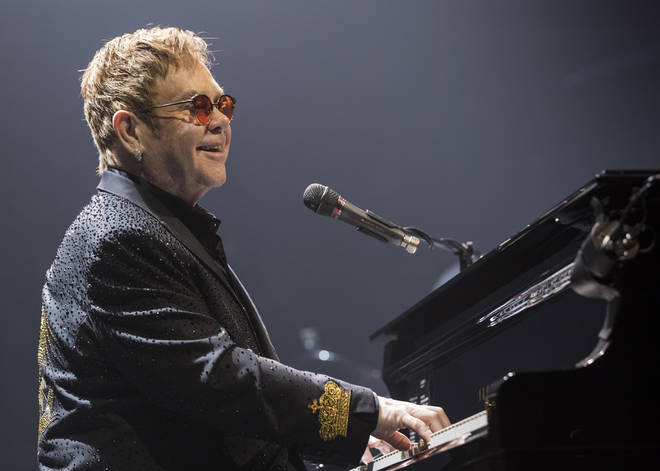
English composer and mezzo-soprano Judith Bingham, who is also a Fellow of the , has been appointed OBE.
Others made MBE for services to music include Scottish composer Helen Grime whose opus, Virga, was chosen as one of the best ten new classical works of the 2000s by the .
For his services to dance, artistic director of the Birmingham Royal Ballet and former ballet dancer David Julian Bintley CBE is made Knight Bachelor.



